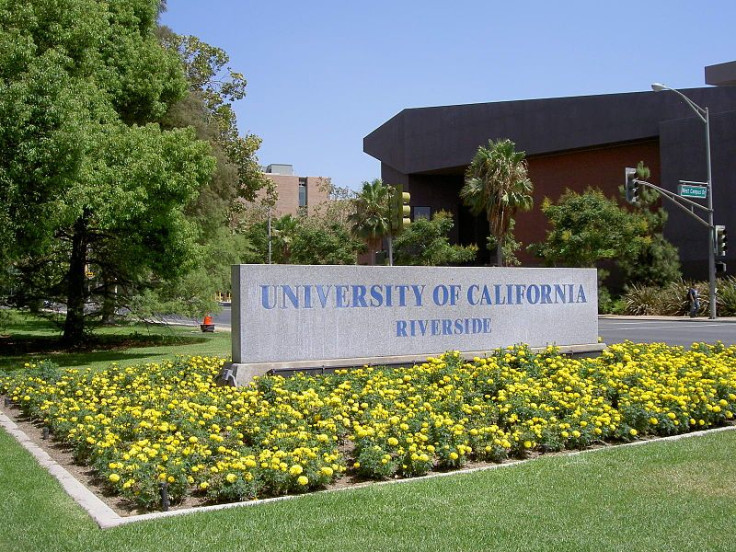Meningitis Outbreak At UC Riverside? One Employee Hospitalized And In Isolation, At Least Two Dozen More At Risk

In the wave of meningitis outbreaks on college campuses across the U.S., University of California, Riverside, has become the most recent campus to report a case of the disease. The fifth and latest meningitis victim in the UC system is an unidentified student advisor who is currently hospitalized in intensive care and in isolation since last weekend.
UC Riverside spokeswoman Kris Lovekin has confirmed the student advisor’s office has been sanitized as a means to prevent any further contamination. “It’s important for the college environment to keep mentioning hygiene, keep mentioning best practices, keep mentioning how do you stay health, how do you get your rest,” Lovekin said, CBS Los Angeles reports.
The UC Riverside employee reported to work last Thursday, Dec. 5, where he was in contact with at least 12 students on campus. The meningitis patient stayed home on Friday before being hospitalized during the weekend. Confirmation of a meningitis diagnosis has prompted school officials to take precautions to prevent further spread of the illness by alerting students and staff, cleaning office areas, and contacting individuals who are thought to be at risk. The university is home to nearly 22,000 students.
“We do think there was interaction with our students and we are reaching out to those individuals,” Lovekin affirmed Tuesday morning. “(But) that is the only case we know about at this moment.”
College campuses are the breeding grounds for the disease to spread. The National Meningitis Association (NMA) says college students are at a special risk because of lifestyle factors such as dormitories, going to bars, smoking, and irregular sleep habits. Freshmen who live in dorms are up to six times more likely to get the disease than other people.
Aaron Loy, one of the four student meningitis cases at UC Santa Barbara, had his feet amputated after he came down with the disease last month, the Los Angeles Times reports. The freshman lacrosse player at the campus experienced bouts of kidney failure, blood poisoning, tissue wounds, which eventually led to his amputation. The students at the UC Santa Barbara campus have been urged to avoid social gatherings, and sororities and fraternities were advised against holding parties and other events to limit transmission of the disease.
“Bacterial meningitis is not as contagious as the cold or the flu, but it is still wise to take precautions,” UC Riverside Chancellor Kim A. Wilcox said in a statement to students and staff.
UC Riverside officials are hesitant as to whether they should require the entire student body to be vaccinated with the type B meningitis vaccine, Bexsero, like Princeton has done. Amid the UC Santa Barbara outbreak, a doctor went over to the resident halls of UC Riverside to offer the vaccine for free, but there was not a lot of interest, said Lovekin to The Press-Enterprise. However, since Tuesday’s news of the UC Riverside meningitis case, about 50 students have shown up to the student health center.
The meningitis vaccines protect against most types of meningococcal disease but do not prevent all cases. Even if an individual has been vaccinated, there is still a chance they can develop a meningococcal infection. College freshman living in dorms are recommended to get booster doses because they remain at an increased risk.
The NMA reports the disease causes inflammation of the protective membranes, which cover the brain and spinal cord. Although it may develop in response to a number of causes, it’s usually bacteria or a virus but can be caused by physical injury, cancer, or certain drugs. Symptoms of meningitis include high fever, headache, stiff neck, rash, nausea, and confusion. The potentially fatal bacterial infection strikes an average of 1,500 Americans a year.
To learn about meningitis prevention, click here.



























